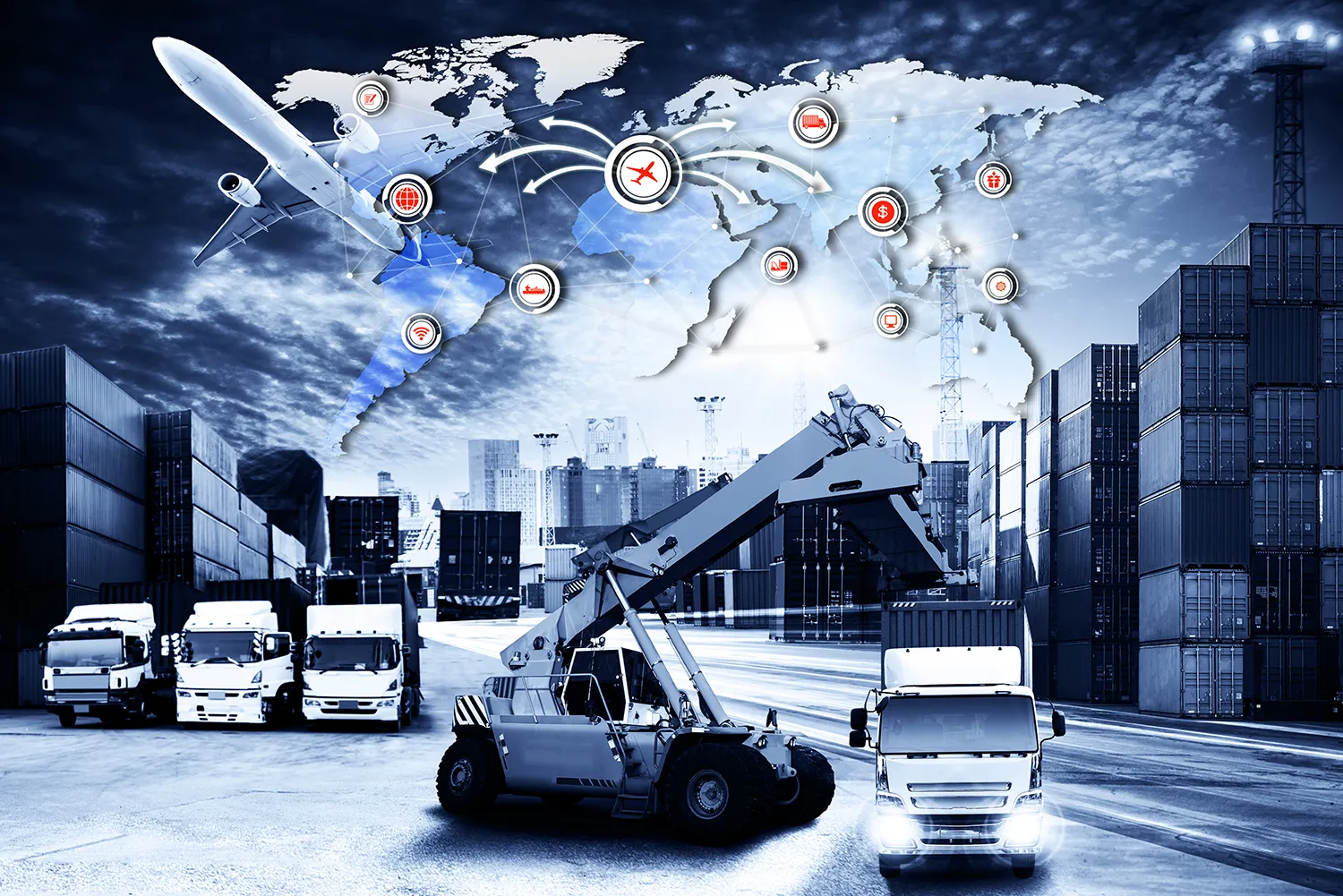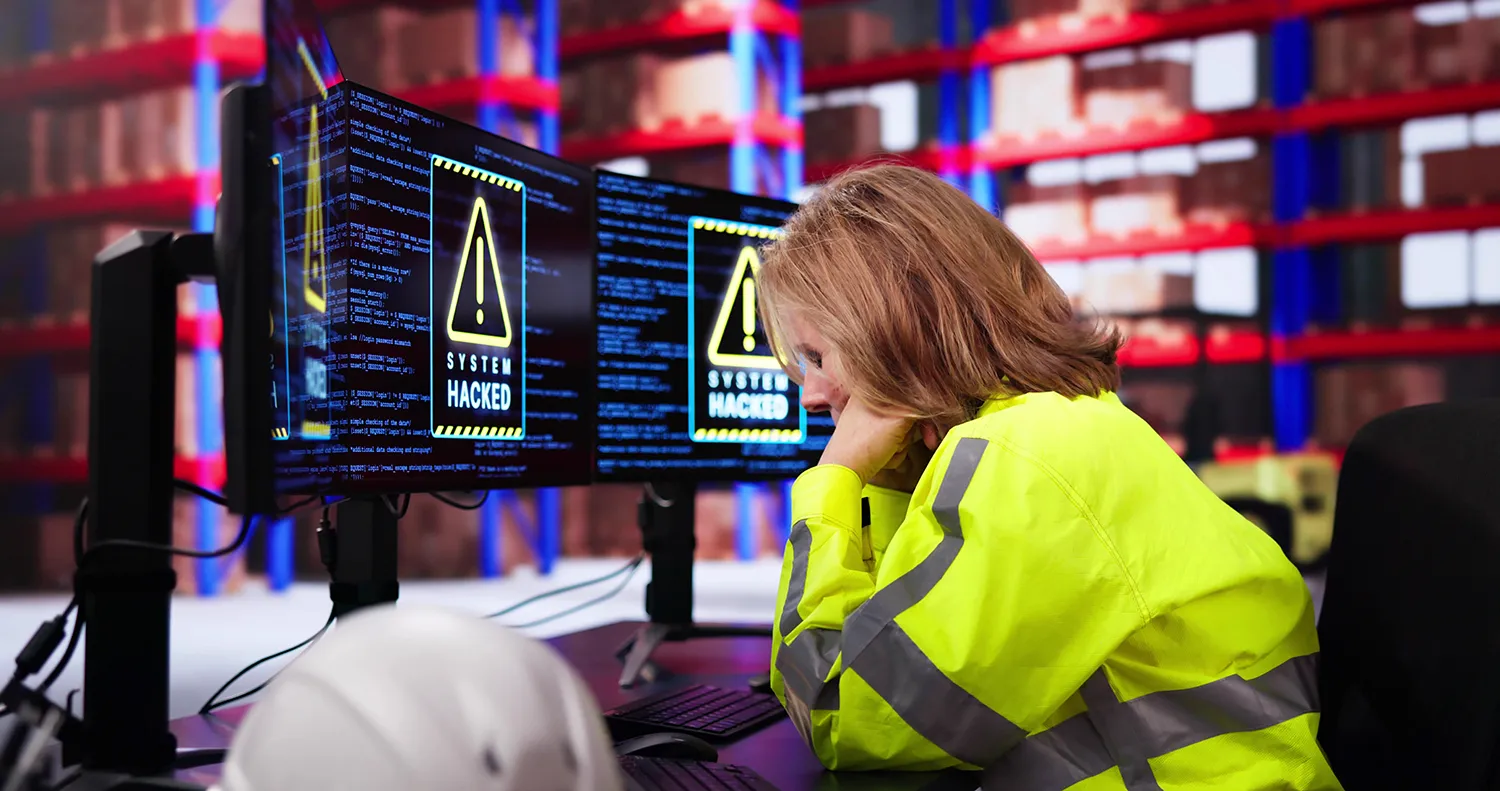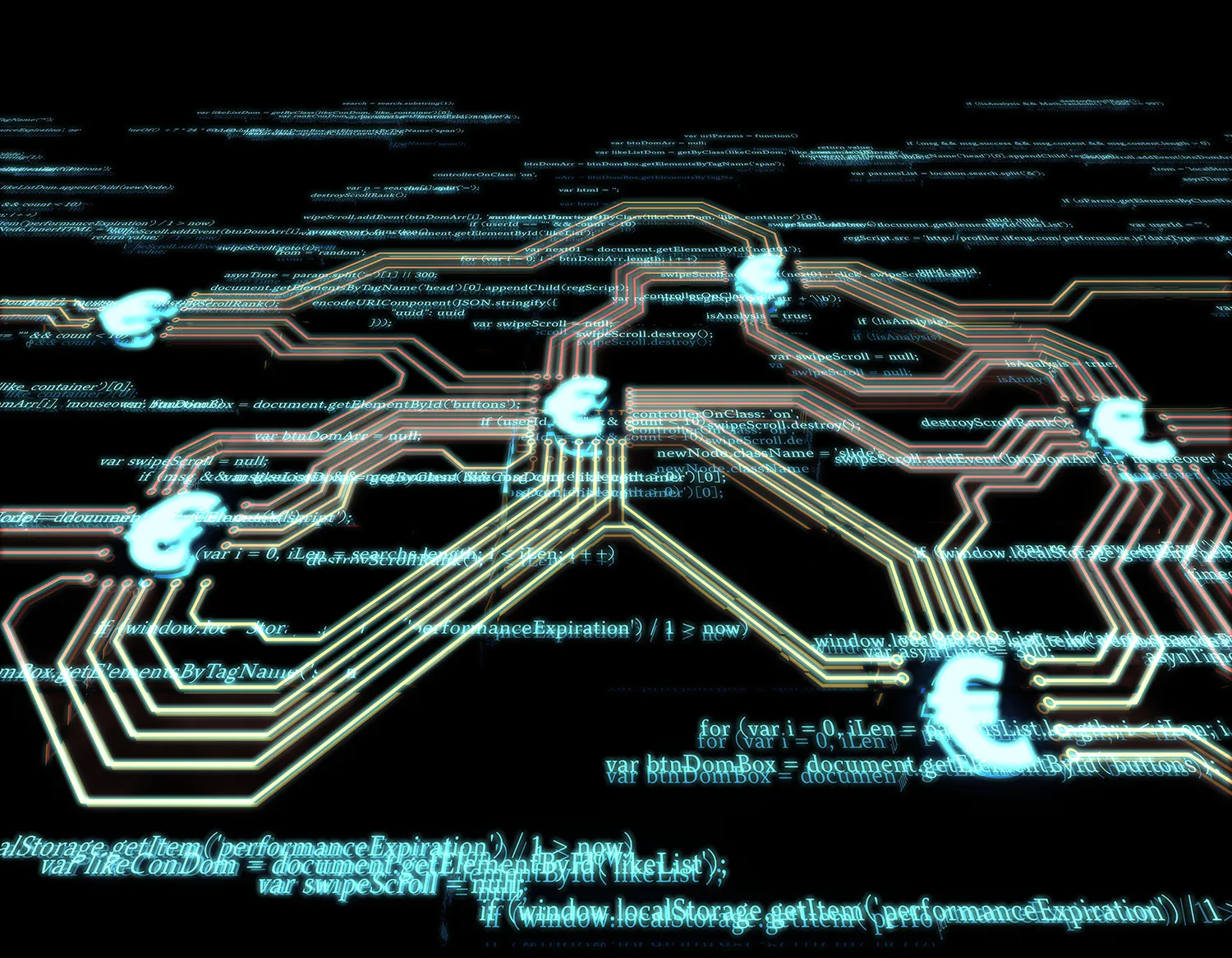Transport Cybersecurity Reaches a System Level
Russia’s Ministry of Transport is initiating the creation of a unified sector-wide system for monitoring and countering cyberattacks as artificial intelligence and autonomous vehicles are increasingly deployed.

Critical Challenges in Transport Digitalization
At the instruction of Transport Minister Andrei Nikitin, a meeting was held with more than 40 companies from the transport and logistics sector to discuss information security issues. The session revealed systemic problems across the industry: no centralized competence center, poor coordination on sharing information security incidents, and insufficient cyber resilience among service providers.
A major concern is the rapid integration of AI technologies into unmanned onboard systems, driver assistance solutions, traffic management, and logistics. At the same time, cybercriminals are developing attack methods targeting exactly these AI-driven systems integrated into transport companies.
Statistics underline the scale of the threat. In 2023, successful attacks on the transport industry rose by 36% compared to the previous year. Viruses accounted for 35% of incidents, vulnerability exploitation for 18%, and supply chain compromise for 8%. Russia’s rail operator RZD reported more than 600,000 cyberattacks on its IT infrastructure in 2023—20 times higher than in 2021.

Strategic Initiatives to Protect the Sector
During the meeting, Alexey Shelobkov, CEO of ICS Holding, proposed creating a sectoral center for monitoring leaks, incidents, and data exchange. This new hub would help establish unified standards for protecting the digital perimeter of transport companies and enable rapid response to cyber incidents.
Plans include developing domestic solutions to protect databases, digital services, and networks in the transport industry. Russia sees an opportunity to build a competitive advantage by creating a reliable transport cybersecurity system aligned with international standards such as ISO/IEC 27001 and NIST—especially important for companies engaged with foreign partners.
Meanwhile, the Ministry of Industry and Trade is developing a national system for ensuring the cybersecurity of vehicles and mobile machinery. The project includes tools for analyzing the security of electronic control unit software and updating the legal and regulatory framework.
The Global Context of Transport Cybersecurity
International practice highlights the critical importance of securing transport systems. The global logistics cybersecurity market exceeded USD 8.44 billion in 2024 and is projected to surpass USD 30 billion by 2029—2.5 times higher than in 2023.
In developed countries, intelligent transport systems are recognized as critical information infrastructure. A successful cyberattack can disrupt the functioning of an entire city, region, or even state, with cascading impacts across multiple industries.

Global experience also shows the need to simulate cyberattacks during large-scale exercises to refine response strategies for critical infrastructure defense. Looking ahead, more attacks are expected against transport, energy, and healthcare, with critical systems targeted not only by hacker groups but also by state-sponsored organizations.
Russia’s Cybersecurity Trajectory
The development of transport cybersecurity in Russia is unfolding against the backdrop of rising cyber threats. In 2024, more than 1.8 billion cyberattacks were recorded in Russia. The share of commissioned, targeted attacks rose from 10% in 2023 to 44% by August 2024. The main focus of attacks was on sectors tied to e-commerce, including retail, banking, and logistics.
As part of its transport digital transformation strategy through 2030, the project “Ensuring Security at Critical Information Infrastructure Facilities of the Transport Sector” is being implemented. The initiative includes creating a unified protected information space, introducing information security mechanisms, and deploying early-warning systems for threats.

Prospects for Comprehensive Protection
Russia’s transport sector is on the brink of a sweeping transformation in cybersecurity. In the next one to two years, a sectoral CERT center and pilot projects with stricter security requirements in logistics and AI are expected.
In the medium term (three to five years), priorities include updating legislation, mandatory certification of digital systems, and tightening requirements for technology suppliers. Artificial intelligence will play a central role in defense, enabling automation of routine security tasks, detection of system anomalies, and expansion of threat identification capabilities.
The Ministry of Transport is demonstrating a systematic approach to a critically important task: ensuring the cybersecurity of the transport industry. Creating a unified monitoring and response center, developing domestic technology, and refining regulations could allow Russia not only to counter rising cyber risks but also to establish leadership in secure transport technologies at the international level.










































